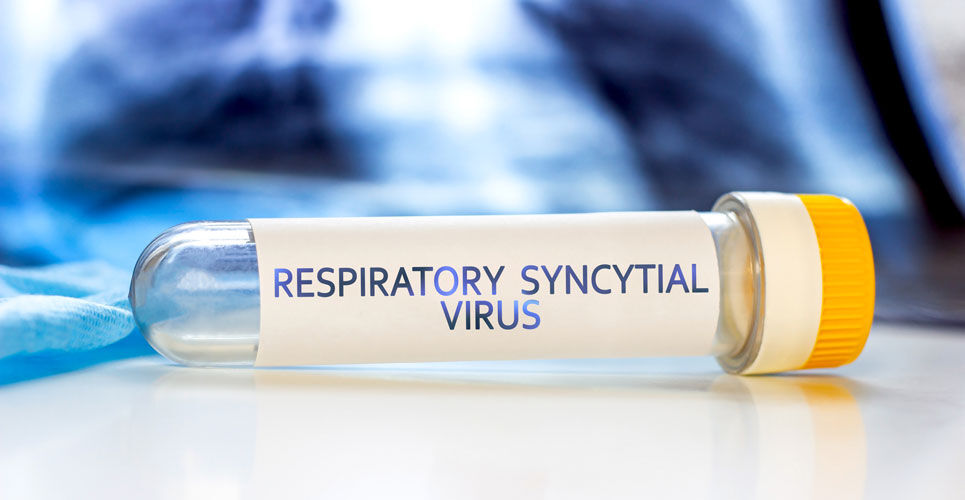An RSV infection in healthy children during their first year of life increases the risk of subsequently developing asthma at age 5
Respiratory syncytial virus (RSV) is a viral pathogen that causes acute lower respiratory infection in young children. Global estimates reveal how the virus causes 6·6 million infections in those aged 0 – 6 months and over 45,000 deaths. Whether or not RSV infection during this vital period of lung development might subsequently lead to asthma is uncertain. INSPIRE was a surveillance study including children with or without an RSV infection (RSVI) during infancy. Monitoring of children took place over the next 5 years. The main hypothesis was that avoiding an RSVI during infancy reduces the risk of childhood asthma. The primary outcome was 5-year current diagnosed asthma and finding from the INSPIRE study have been recently published.
RSV infection and development of asthma
A total of 1741 children had available data during the first year of life. Among the entire cohort, 54% had an RSVI during that first year.
Over the next 5 years, absence of a RSVI led to a 26% lower risk of developing asthma (relative risk, RR = 0.74, 95% CI 0.58 – 0.94, p = 0.016). The authors estimated that 15% (95% CI 2·2-26·8) of current 5-year asthma cases could be prevented by avoiding a RSVI.
The researchers commented that among healthy children, not being infected with RSV in the first year of life was associated with a substantially reduced risk of developing childhood asthma. However, they recognise that their study was unable to establish a causal relationship.

